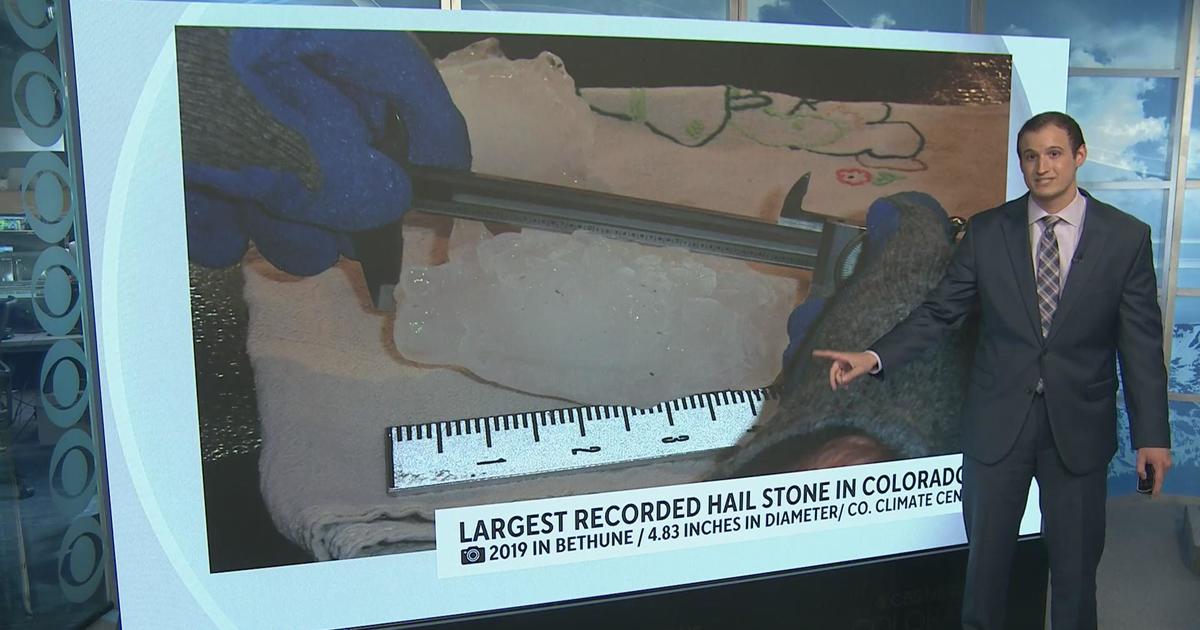NCAR Scientists In Boulder Study Rash Of Tornadoes In High-Tech Jet
BOULDER, Colo. (CBS4) - The data being collected from a plane can't stop a tornado, but scientists hope it will better prepare people for what's coming their way and give them more reaction time.
The technology inside the G5 jet at the National Center for Atmospheric Research (NCAR) in Boulder has already gathered valuable data from three recent tornadoes, including the one that devastated Moore, Okla. Scientists hope the information will soon help provide better warnings for severe storms and tornadoes
"So that the people who really have to be aware of the possibilities of a dangerous, deadly tornado in the afternoon are the ones who really get the word," NCAR scientist Morris Wiseman said.
Scientists use the jet to measure the atmosphere early in the morning and put the data into forecast models. It's called M-Pex, or "Mesoscale Predictability Experiment." The goal is to better pinpoint storms so people know how to react to them.
"To determine how possible is it to predict say six to 24 hours ahead of time, that this part of a state, or these couple of counties might be affected by tornadoes," NCAR scientist Robert Henson said.
That would also affect tornado warnings, potentially giving people an hour's notice rather than the current 15 to 20 minutes of lead time.
"We would argue that it's still not enough, but that's a huge improvement over what it was 20 years ago," Wiseman said.
The plane's mission will last a month, but the data could last a lifetime, so people can get ahead of deadly storms. The data will take scientists about a year or two to analyze and authenticate before they know if it will affect the advance warnings systems.



